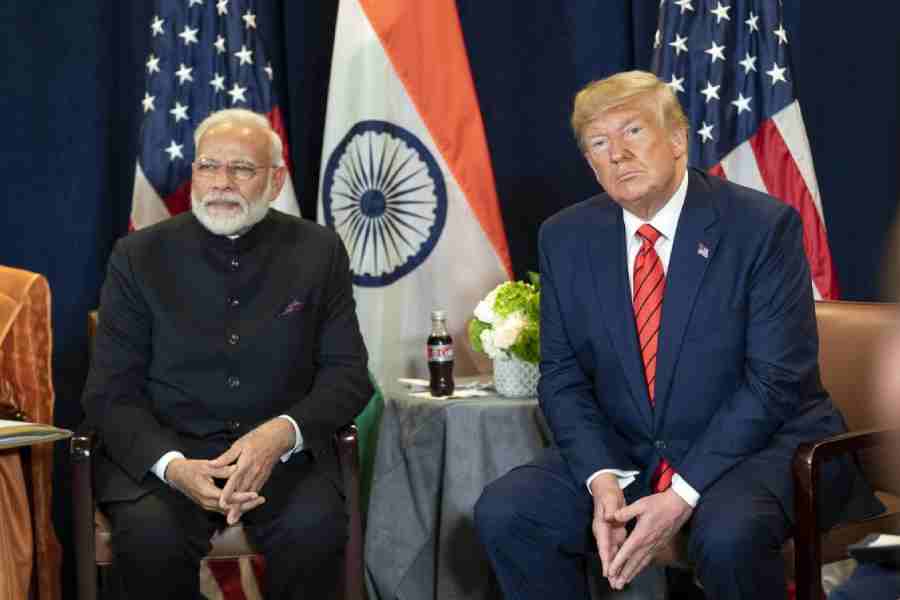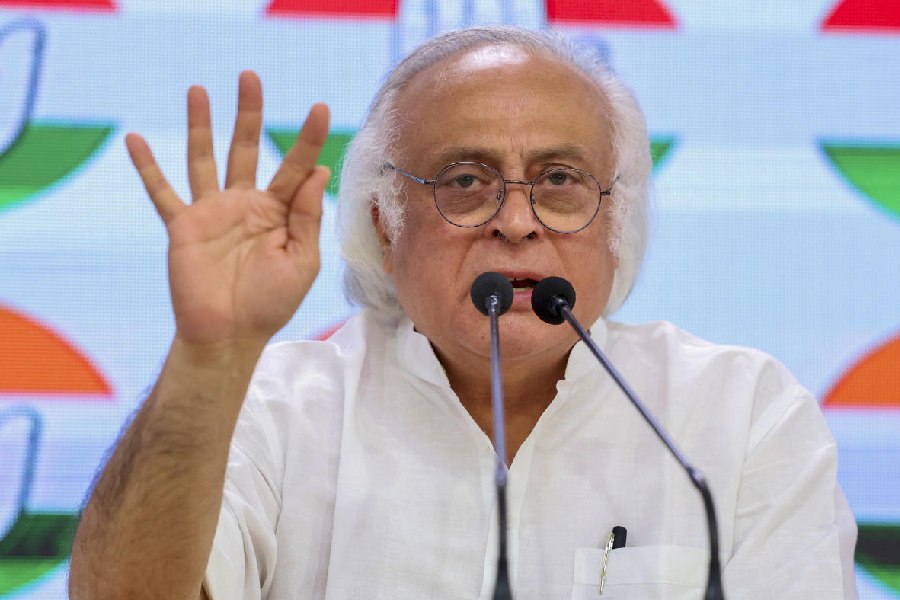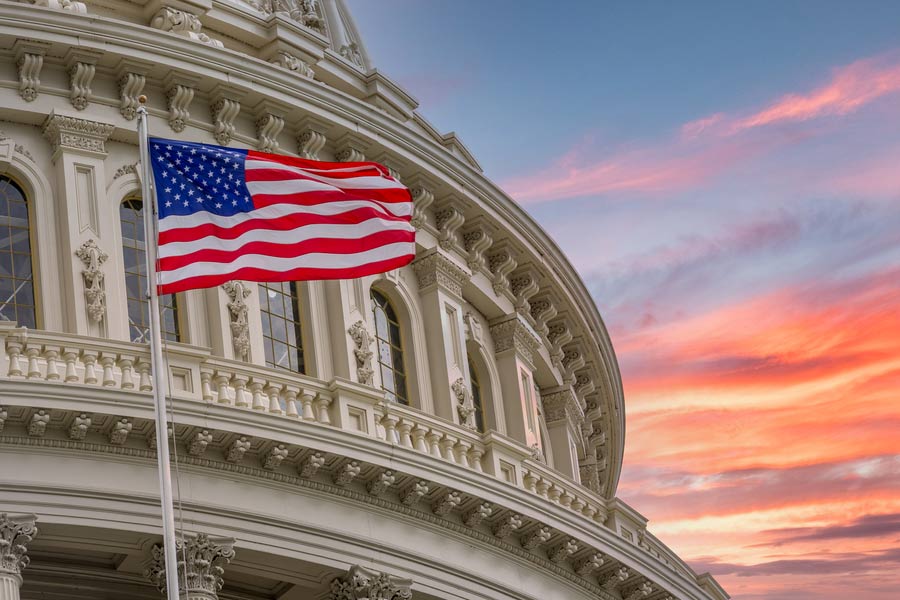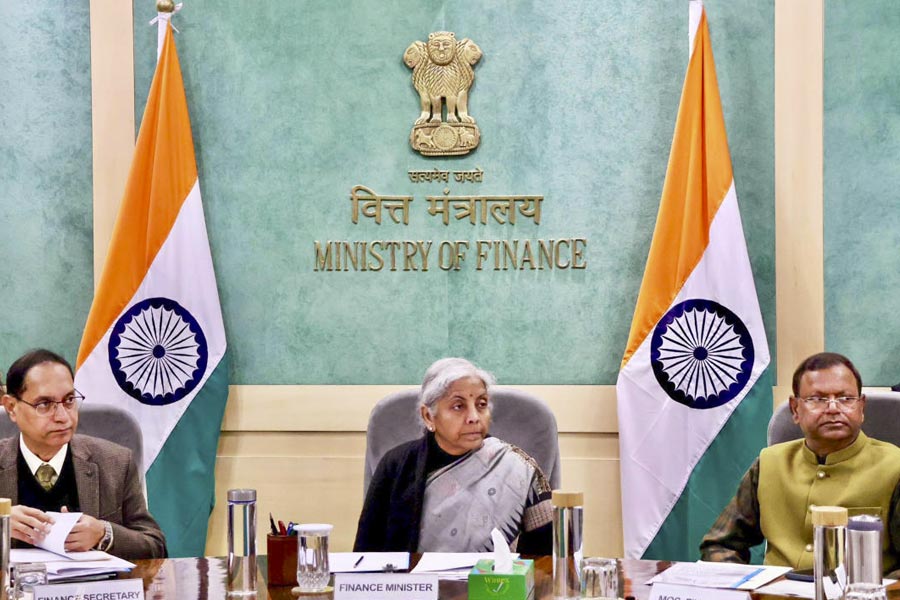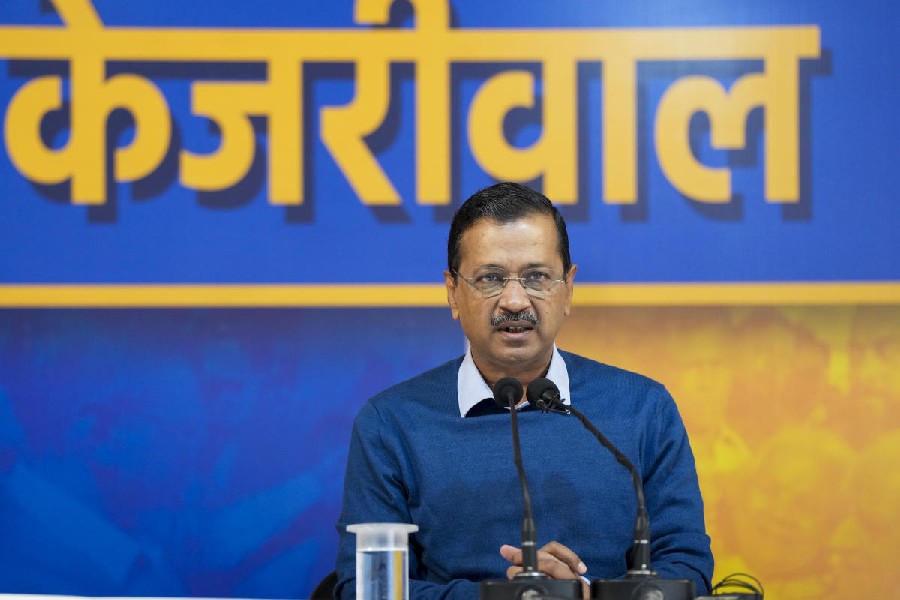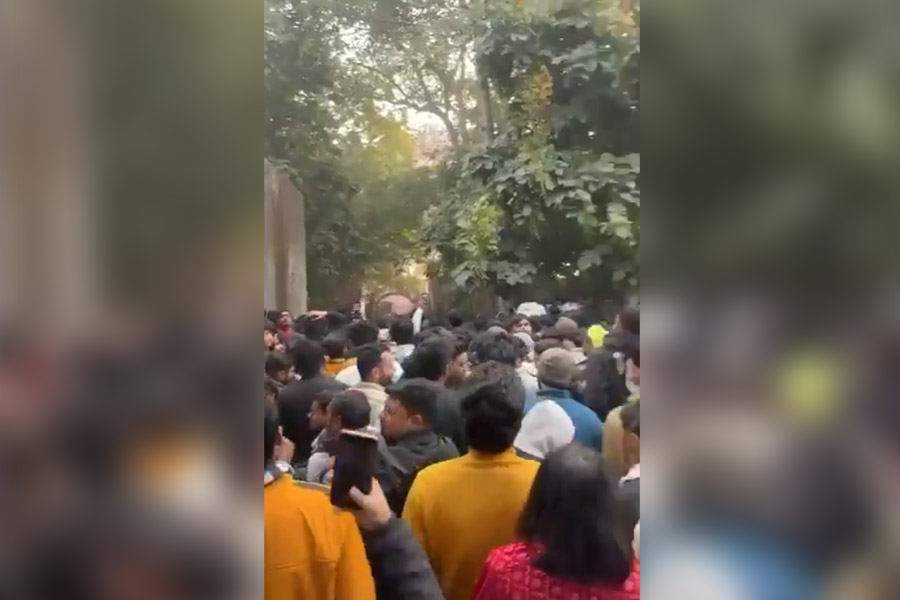In a matter of over 20 days, President-elect Donald Trump will return to the White House. He has announced his list of top officials who will be running his administration and the Western press has done its best to normalise Trump as a human being and as a politician. In the days following Kamala Harris’s loss to Trump, a top official in the Joe Biden administration told me that New Delhi was one of the happiest global capitals at the American presidential election results. This was despite Narendra Modi not meeting Trump during his visit to the United States of America in September even though Trump had publicly announced that there would be a meeting. There has been no official engagement at the highest level by the Indian government with Trump even after his re-election. This runs contrary to the high degree of enthusiasm among the Hindutva ecosystem in India immediately after Trump’s electoral victory, although that fervour has subsided since.
Under Modi’s prime ministership, a narrative has been created over the past decade that India’s foreign policy is a function of a leader’s personality, his ‘friendship’ with other leaders, and the diplomatic events that are organised for a visiting dignitary. This was helpful in building Modi’s cult and in bestowing a certain degree of respectability to the persona of an individual who had been shunned globally after the 2002 Gujarat pogrom. It has succeeded domestically, with the connivance of a regime-media, but it has failed to deliver results for India globally. None of the informal summits that Modi has held with Xi Jinping stopped Beijing from doing what it did to India on the Ladakh border in 2020. Nor did Modi’s informal visit to a family function of Nawaz Sharif change Pakistan’s calculations towards India. Even Vladimir Putin did not send home all the young Indian men fighting alongside the Russian army against Ukraine despite Modi’s personal request. The G7 outreach summits and the G20 summits may have delivered photo-ops and clips to excite Modi’s ardent supporters but they have done little to further India’s interests.
The same seems to be happening with Trump. Modi had done two public events with Trump when he was up for his first re-election; one was at Houston and the other in Ahmedabad. Hailed as a sign of the close personal ties between Modi and Trump, the Indian media overlooked the decisions taken by the Trump administration on tariffs or on import of crude oil from Iran and Venezuela that hurt India. Since Trump does not threaten to hold India accountable for democratic backsliding or human rights violations, many Modi supporters in India consider him to be favourably disposed towards their leader. Some pro-government analysts argue that Trump’s hatred for China and love for Putin will result in a wedge between Moscow and Beijing which will work to India’s geopolitical advantage. These have combined to create a narrative that Trump as president is going to be great for India because he is Modi’s close friend.
As is his wont, Trump has turned these calculations on their head. He invited Xi for his inauguration, a first for any US presidential ceremony. The Chinese leader confirmed the invitation but has not indicated whether he will attend the ceremony. Modi has not received a similar invitation from Trump, a fact that has been ignored in the Indian media because it destroys the carefully-constructed propaganda of a valued personal friendship between the two populist leaders. Trump’s move towards Xi also demolishes the idea that India will benefit from Trump’s antagonistic attitude towards China. A G2 of China and the US, which decides everything on global affairs between them, is an anathema to India. Trump’s early approach towards Beijing is working neither personally for Modi nor strategically for India.
Under the Biden administration, the legal charges against an Indian intelligence official attempting to assassinate a Sikh separatist leader in New York had emerged as a huge challenge. Based on the allegations made by the Canadian officials, who could have only been provided this level of evidence by their Five Eyes ally, the US, the legal charges could encompass Amit Shah in the future. Many in India’s Hindu nationalist landscape had expected the Trump administration to do a deal with New Delhi and get rid of the legal case. Instead, Trump has appointed Harmeet Dhillon as the assistant attorney-general for civil rights. Dhillon has been vocal about human rights abuse and had criticised the police crackdown against the protesting farmers during the farmers’ protest. She intensified her criticism of the Modi government after the June 2023 murder of the Khalistan supporter, Hardeep Singh Nijjar, in Canada. It is unlikely that she will change her views after the new appointment.
Another case in the US legal system is about the bribery and corruption charges against Gautam Adani, the business tycoon considered to be close to Modi. Modi’s ties with Adani have been a political vulnerability for the ruling Bharatiya Janata Party due to persistent and sharp attacks by the Opposition leader, Rahul Gandhi. It created a situation where the BJP intensified its criticism of the US establishment’s policy regarding India and publicly accused the state department of plotting to destabilise India. Modi conveyed his tacit approval by not asking the BJP to take the statements back while the external affairs ministry stayed silent in response to media queries. The US state department is not a partisan body but a bureaucratic institution with a memory that goes beyond presidencies. Such a vicious attack from the BJP is unlikely to win over the US diplomats or leave them favourably disposed towards India. It will particularly matter in critical situations when their support can tilt the balance in India’s favour.
Trump has also promised to impose heavy tariffs on Indian exports at a time when New Delhi is struggling with a record trade deficit. The US is India’s biggest goods importer and Trump’s actions are going to further dent India’s depressed economic growth under Modi. Trump also threatened actions against BRICS’ plans for de-dollarisation, an idea Modi has been personally invested in, often exhorting countries to trade in local currencies. New Delhi has now walked back on Modi’s words to avoid having a target painted on its back by Trump.
The Modi government has made compromises with Beijing to avoid a situation where its dependency on the US to counter China becomes a strategic vulnerability. An India under economic and strategic strain needs a stable geopolitical environment to overcome its troubles. That seems unlikely under a Trump regime. Modi’s supporters have gloated prematurely because there has been little evidence so far to suggest that the Trump presidency is going to be good for India.
Sushant Singh is lecturer at Yale University

